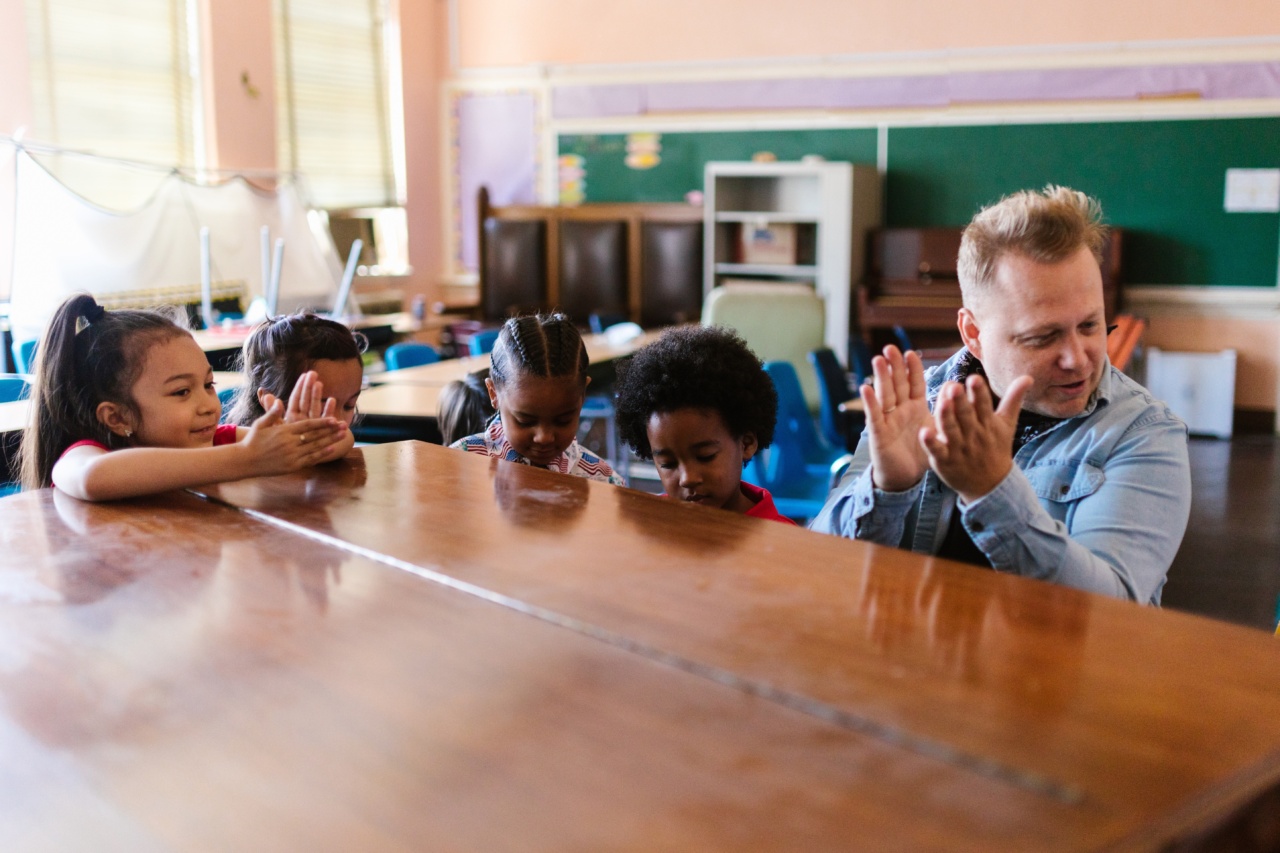Music is a universal language that can bring people together and evoke emotions. Besides its beauty and entertainment value, music can also play a crucial role in a child’s development and education.
Music education offers numerous benefits for kids, both cognitive and personal, that can enhance their academic performance, social skills, emotional well-being, and lifelong enrichment. In this article, we’ll explore the importance of music education for kids and why it matters.
What is Music Education?
Music education refers to the formal or informal study and instruction of music, either in schools or outside of them.
It includes various aspects of learning and playing music, such as reading notes, singing or playing instruments, composing or improvising music, analyzing or appreciating music, and performing or listening to music. Music education can take many forms, depending on the age, level, and interests of the learners, as well as the goals and resources of the educators.
Cognitive Benefits of Music Education
Studies have shown that music education can have a significant impact on a child’s cognitive development and academic achievement. Here are some of the cognitive benefits of music education:.
Improved Memory and Attention
Learning music requires memorizing notes, rhythms, and patterns, as well as coordinating multiple tasks simultaneously.
These cognitive demands can strengthen a child’s memory and attention skills, which can transfer to other areas of learning and life. Students who study music also tend to score higher on memory and attention tests than those who don’t.
Enhanced Language and Reading Skills
Music involves the use of language and symbols to communicate musical ideas and emotions.
Therefore, learning music can improve a child’s language and reading abilities, especially in areas such as phonological awareness, vocabulary, syntax, and comprehension. Studies have found that students who study music tend to have better reading scores than those who don’t.
Increased Mathematical and Spatial Skills
Music is based on mathematical principles and structures, such as patterns, ratios, and time signatures.
Thus, learning music can boost a child’s mathematical and spatial skills, which can be useful in various fields such as science, technology, engineering, and math (STEM). Studies have shown that students who study music tend to perform higher on math and spatial tests than those who don’t.
Improved Executive Function and Creativity
Music requires the use of various cognitive processes, such as planning, organizing, problem-solving, and creating.
These executive functions can be enhanced by music education, which can help children develop their creativity, innovation, and self-expression. Students who study music also tend to show higher levels of creative thinking and originality than those who don’t.
Personal Benefits of Music Education
Music education can also have a significant impact on a child’s personal development and well-being. Here are some of the personal benefits of music education:.
Better Emotional Regulation and Social Skills
Music can evoke powerful emotions and feelings in listeners and performers. Therefore, learning music can help children understand and regulate their emotions, as well as express and communicate them more effectively.
Music education can also foster social skills, such as collaboration, communication, empathy, and respect, which can help children interact with others in positive ways. Students who study music tend to have better emotional regulation and social skills than those who don’t.
Increased Confidence and Self-Esteem
Music can provide a sense of accomplishment and achievement for children, as they learn new skills, master challenging pieces, and perform in front of others.
This sense of progress and success can boost a child’s confidence and self-esteem, which can have positive effects on other areas of their life, such as academic, social, and personal. Students who study music tend to have higher levels of confidence and self-esteem than those who don’t.
Life-Long Enrichment and Enjoyment
Music is a lifelong pursuit that can bring joy, pleasure, and fulfillment to people of all ages and backgrounds.
Learning music can develop a child’s appreciation and love for music, as well as inspire them to continue playing and listening to music throughout their life. Music education can also expose children to various cultures, traditions, and genres of music, which can broaden their horizons and enhance their cultural competence.
Students who study music tend to have a more positive attitude towards music and arts than those who don’t.
Conclusion
Music education is a valuable and essential part of a child’s development and education. It offers numerous cognitive and personal benefits that can enhance their academic performance, social skills, emotional well-being, and lifelong enrichment.
Therefore, parents, educators, policymakers, and society as a whole should recognize the importance of music education and invest in it accordingly, whether in schools or outside of them. Music is not just a hobby or pastime, but a fundamental aspect of human expression and culture that deserves to be cherished and nurtured.





























